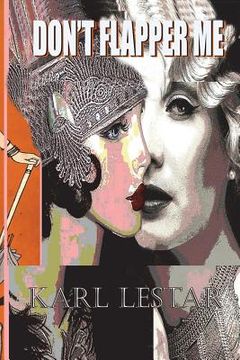
Don't Flapper Me: Flappers and Philosophers (en Inglés)
F. Scott Fitzgerald (Autor) · Carlos Alberto Laster (Autor) · Karl Lestar (Autor) · Createspace Independent Publishing Platform · Tapa Blanda
$ 115.740
$ 192.900
Ahorras: $ 77.160
Elige la lista en la que quieres agregar tu producto o crea una nueva lista
Ir a Mis Listas¿Tienes una pregunta sobre el libro? Inicia sesión para poder agregar tu propia pregunta.
